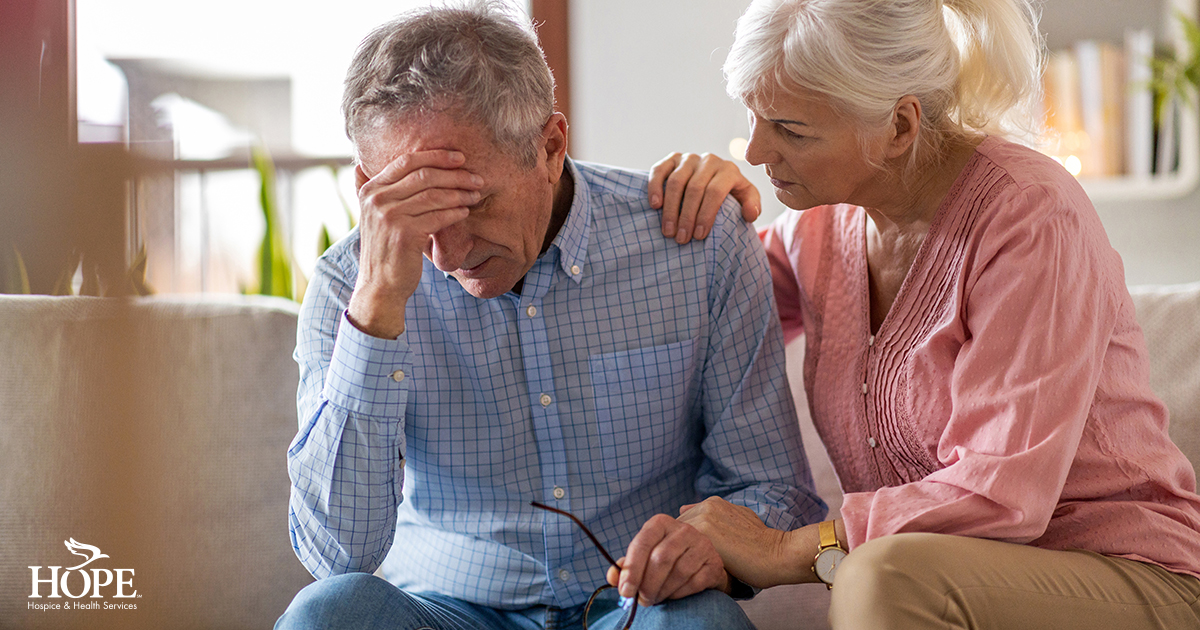
Hearing a doctor confirm that the “memory issues” you (or a loved one) have been experiencing is, in fact, early symptoms of dementia would reasonably cause panic. Receiving a dementia diagnosis may send your thoughts to the worst-case scenario, and you might find yourself mentally frozen out of fear. What should you do? How should you prepare?
But a dementia diagnosis does not mean that your life is over, nor does it define who you are. It means, however, that there will be challenges and obstacles ahead, not only for you, but for your family and friends. Thinking about those challenges now will help prepare you and those close to you for what the future may hold.
Getting a diagnosis early on is actually a very good thing. It gives you and your family more time to prepare and to plan for any resources you will need as the disease progresses.
You are going to need the support—both emotional and physical—of friends and family. Think about with whom you feel comfortable sharing your diagnosis and how you want your loved ones involved in the next steps. Consider writing out your thoughts to prepare for this tough conversation.
You and your loved ones will benefit from learning about how dementia affects the brain and behavior; this can help your family know what to expect and to better understand the changes they may observe in you. Hope Hospice offers a monthly Family Caregiver Education Series for just this purpose, and several of the classes are focused on dementia care. The Series is offered at no charge and is currently produced as live webinars.
It is of the utmost importance that you review your legacy documents (such as a will/trust) while you are still well. You also want an up-to-date medical directive and durable power of attorney (your medical proxy) in place now. Ensure you record your choices about how you want to be cared for in your final days and following death, such as whether you prefer cremation or burial. Hope Hospice recommends the Five Wishes document, which is a comprehensive living will that addresses your personal and medical care choices. An estate lawyer can assist with preparing your financial documents and power of attorney over your estate.
This step really depends on your financial situation and/or who you may have in your life to assist with your care. Some families have the manpower to share caregiving duties among several people, which provides the person living with dementia with 24/7 support.
Families without as many hands to pitch in might have to consider an assisted living facility, particularly one with a memory care unit that is dedicated to caring for those who have dementia. These facilities can be quite costly, so if your financial situation precludes this option, you’ll need to talk over care options with your family, friends, church, or other trusted source.
Research Certified Senior Advisors in your area; these specialists can help you locate a housing arrangement that meets your needs. The California Department on Aging also has dependable information on a variety of topics, including long-term care insurance.
You might also like: